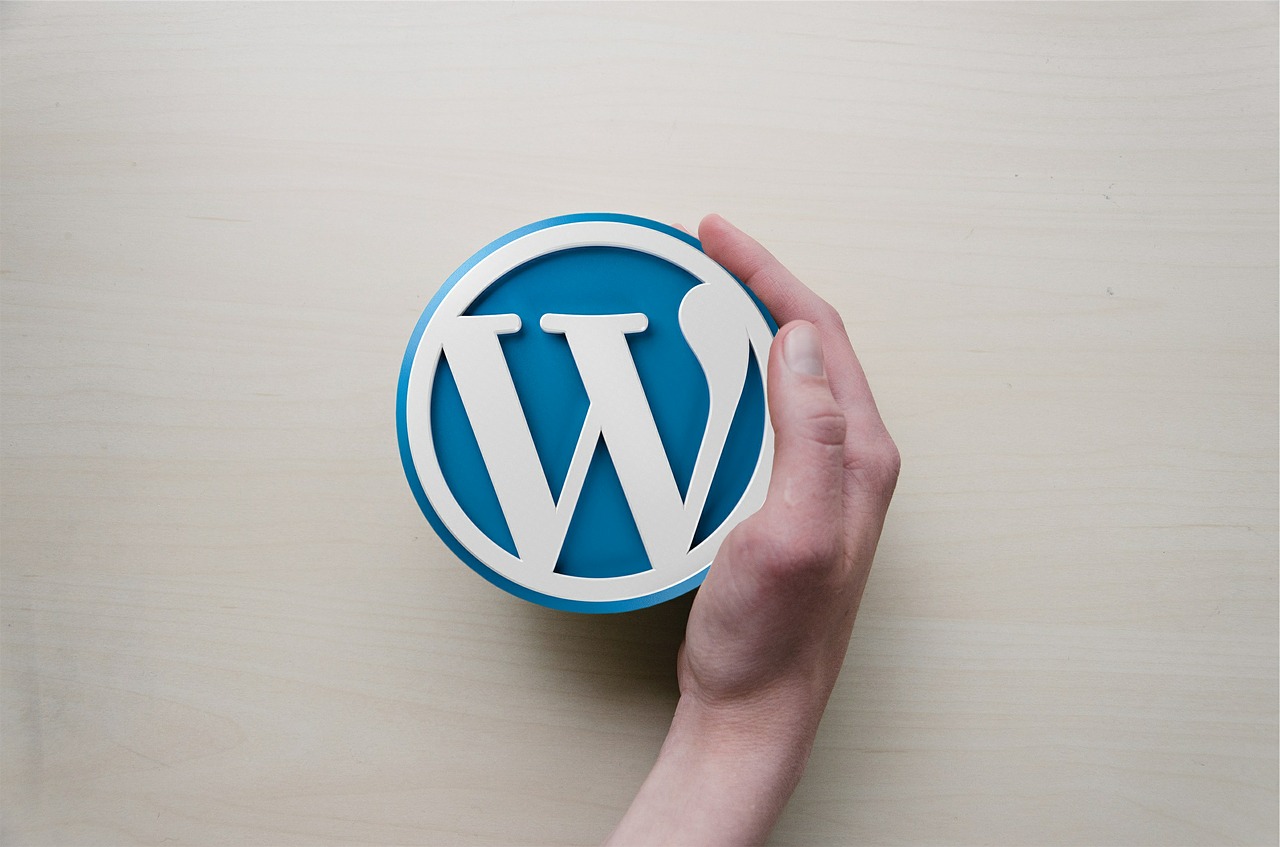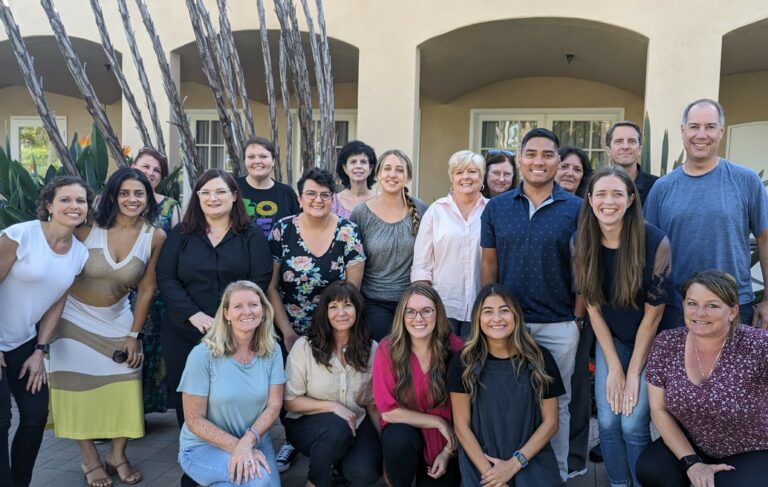How to Keep Your WordPress Site Safe and Secure
The following is a guest post from Brian Link, CapForge’s own WordPress and web app provider of the last decade!
WordPress is very popular.
It’s so popular that over 40% of all websites use it as their content management system. WordPress powers simple blogs, corporate websites, e-commerce stores, and much more. You visit dozens of websites every day running on WordPress and don’t even realize it. It’s an incredibly flexible system for building a variety of websites.
In fact, that flexibility is one of WordPress’s greatest strengths. WordPress is able to be used for so many types of sites because it is built on a robust ecosystem of themes and plugins. You can combine a theme with a set of plugins to build any website you can think of. If you can imagine a website feature there is most likely a plugin that can make it happen.
WordPress also benefits from relatively simple web hosting requirements. There is a reason every web hosting provider and platform offers WordPress hosting by default. It takes very little in terms of behind-the-scenes hardware and software to run a WordPress site. WordPress is built on very common, open-source technologies that have been industry standards on the web for decades.
With Popularity Comes Danger and Problems
When you power almost half of the Internet, you are constantly a target for hackers and thieves. Unfortunately, the ecosystem of themes and plugins that can run on any kind of web host opens WordPress up to potential problems.
WordPress themes and plugins are developed and distributed with little oversight or review. The themes and plugins you find on WordPress.org are reviewed upon initial release. Subsequent updates go unchecked unless there’s a huge problem reported by the community.
Plugins are especially vulnerable to this lack of review. It is quite simple to write some bad code that opens up a WordPress site to a vulnerability. Most WordPress sites that are hacked or infected by malware were breached through a security problem with an installed plugin.
Cheap web hosting is also a common source of issues. Generally, the less you pay for web hosting the more likely you are to have security and performance problems. Shared hosting, where you split server space with multiple other customers, is frequently a source of problems. One site’s infection can quickly make its way to other sites on the same server.
Perform Regular WordPress Maintenance Tasks
The best way to combat hacked and poor-performing WordPress sites are to stay in front of any issues. You can do this by regularly performing maintenance tasks. There are four main maintenance tasks every WordPress site should go through.
#1. Update Plugins
Keeping plugins updated is the most important part of any good WordPress maintenance routine. WordPress offers the option to automatically update plugins as new versions are released. This might seem like a good idea but plugin updates should be researched and reviewed. Automatic updates don’t allow for that. Keep updating your WordPress plugins manually after thoroughly reviewing the new version for any potential problems.
#2. Update Theme
WordPress themes don’t receive as many updates as plugins but the ones they do receive are typically important. Updating a WordPress theme requires the same research and diligence as a plugin. The theme is what drives what your users see when they visit your site. Any issues caused by an update are sure to have swift and immediate negative impacts on your website.
#3. Create Backups
The worst thing that can happen to any website is data loss. When you unexpectedly have an issue that wipes out your site you better have a working backup to restore from. The more frequent you create backups the better but, in general, for most sites doing a weekly backup is sufficient. Backups should include all of your WordPress files, plugins, the theme, media uploads, and a copy of the database.
#4. Perform Security Scans
A high-quality WordPress security scanner will monitor your files for malicious code and inconsistencies. Finding rogue code in your plugins or theme can often be difficult by hand. Manual reviews also require some level of technical knowledge. A security scan will identify these problems automatically and show you immediately where the issue is.
Maintaining a WordPress Site on Your Own
Those four tasks should all be handled on a regular basis. Once per month is fine but weekly is best.
That means remembering to log in to your WordPress admin and making sure all of the latest updates for your site’s theme and plugins are safe and then downloading them.
You’ll also want to manually create your backups and then download them and upload them to a remote server. There are plugins that can handle that for you but they generally come with a yearly fee. The remote server will most likely cost you as well.
On top of all of that, you’ll want to make sure you have a good WordPress security scanner installed and check its reports for any ongoing problems with your site.
That’s quite a lot for a busy business owner with dozens and dozens of other things to worry about throughout the week. Thankfully, you can have a lot of this WordPress maintenance work handled for you.
Getting Help with WordPress Maintenance
For most businesses, taking care of and securing a WordPress site is time best spent elsewhere. Thankfully, there are options out there for having maintenance taken care of for you.
If you had your WordPress site designed by a professional agency you can most likely pay them a small fee to perform maintenance for you. In fact, some firms offer maintenance as part of a post-launch support deal that includes helping you keep your site’s content fresh and updated.
For those who built their own WordPress site, or are no longer in touch with their original web designer, there is an option. Find a company that offers comprehensive WordPress maintenance packages for a reasonable monthly fee.
Fixing a broken or hacked WordPress site can get quite expensive. Regular WordPress maintenance can help prevent those problems from ever coming up. The money, and time, you’ll save by outsourcing WordPress maintenance to a reputable company will be worth it in the long term.






